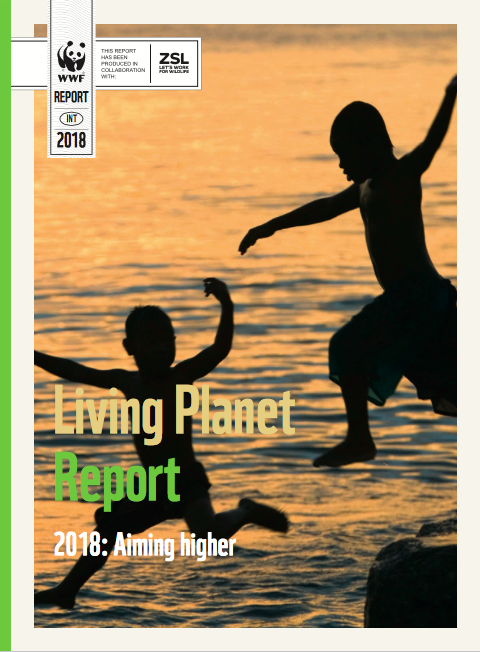 CLICK HERE - WWF - Living Planet Report 2018: Aiming Higher
CLICK HERE - WWF - Living Planet Report 2018: Aiming Higher
"There cannot be a healthy, happy and prosperous future for people" without biodiversity, the report warns.
nbcnews.com - by Rachel Elbaum - October 30, 2018
The population of the planet's vertebrates has dropped an average of 60 percent since 1970, according to a report by the WWF conservation organization.
The most striking decline in vertebrate population was in the tropics in South and Central America, with an 89 percent loss compared to 1970. Freshwater species have also significantly fallen — down 83 percent in that period.
The Living Planet Index, provided by the Zoological Society of London (ZSL) and included in the WWF Living Planet 2018 report, tracked the population of mammals, birds, fish, reptiles and amphibians around the world between 1970 and 2014, the latest year for which data was available.
Recent Comments